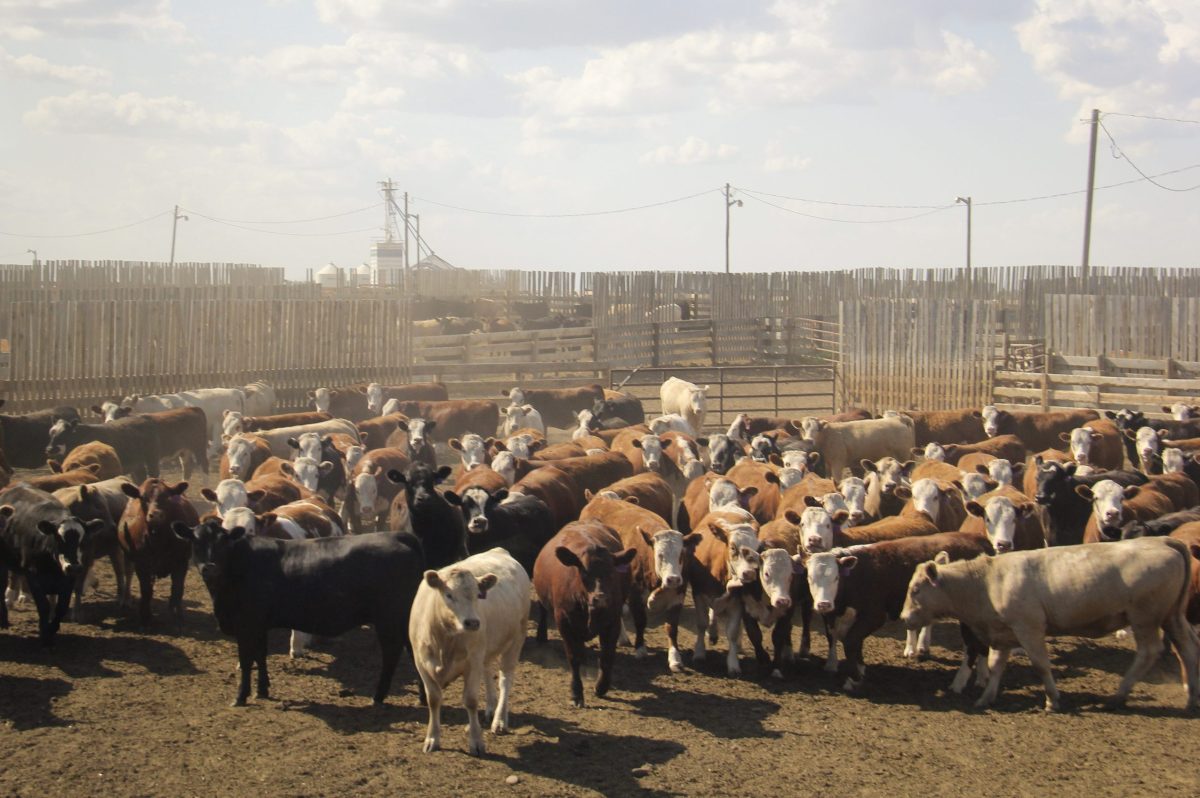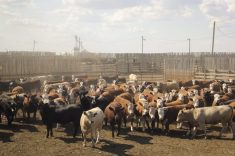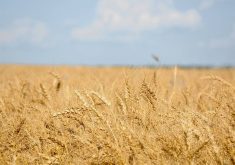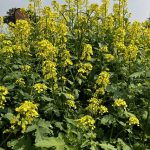The midpoint of Canada’s interim agreement with Mexico on a “test and hold” policy for canaryseed shipments is fast approaching, and there is still no word on what will happen once the agreement expires June 21.
“The interim period is continuing that allows cleaning upon arrival to occur in Mexico,” said Carl Potts of the Canadian Special Crops Association in Winnipeg. “As we understand it, all shipments of Canadian canaryseed are being re-cleaned once they arrive in Mexico unless they have zero weed seeds, but that is highly unlikely.”
Read Also

U.S. livestock: Cattle futures gain, hogs fall back
Chicago cattle futures made gains on Wednesday while hogs fell back. Most-active April live cattle closed at 238.725 cents a…
The Canadian Food Inspection Agency and Mexican officials are still a little ways away from finding a permanent solution to the problem, he said.
“Mexico still wants to see an improvement in quarantined weed seeds in shipments during the remaining course of the period, and there have been some discussions on how, as an industry, we might go about doing that. We are still quite uncertain as to what Mexico will require from us once the period expires,” he said.
“Over the course of the last several months, it has been hard to gauge when something would be agreed to, or what Mexico views as an acceptable or permanent outcome. They aren’t interested in acceptable tolerance levels.”
Kevin Hursh, executive director of the Canaryseed Development Commission of Saskatchewan, said all the cleaning that has to get done once the product arrives in Mexico has not been good news for prices.
“It creates a lot of extra cost in the marketplace, and it is preventing canaryseed from reaching its market potential,” Hursh said.
Canadian officials are doing all they can to increase confidence with the Mexican marketplace, Potts said.
“We are trying to demonstrate that we can ship product that is quite clean and meets the needs of Mexico, but realizing we can never guarantee no weed seeds,” he said. “We hope they can gain some confidence in the Canadian market so they can more willingly accept our product and not have to re-test it as much.”
Current deliveries for canaryseed are bringing as much as 29 Canadian cents per pound in Western Canada, according to Prairie Ag Hotwire.














